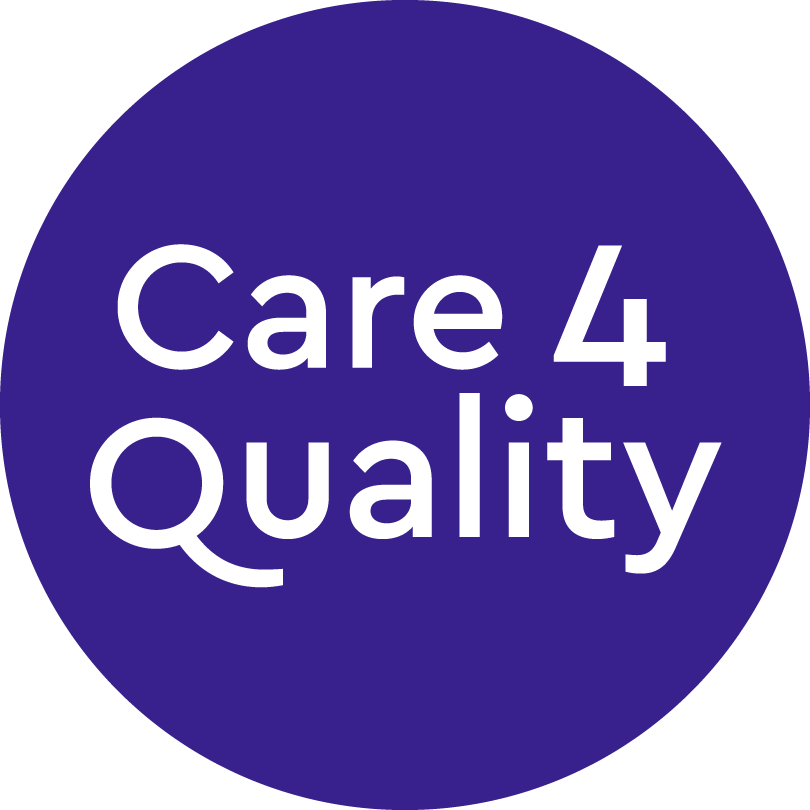Millions of people are currently on NHS waiting lists, reflecting the mounting pressure the pandemic has had on our health system.
In a knock-on effect, these ever-growing waiting lists have led many more people turning to private services.
Engage Britain has revealed that one in five Britons have chosen to access private healthcare after being told NHS treatment was unavailable, representing 21% of the 4,000 people asked.
Dr Atif Ghaffar, GP and Medical Director at Care 4 Quality., said:
“We need to be realistic about the solutions that are available to us and where they should be coming from.
“In our post-pandemic world, reports of fatigue and GPs reporting abuse have risen sharply, which shows you the amount of pressure on the health system at the moment.
“All Departments within the healthcare sector, whether that’s the managers, the receptionists or the people delivering the service are undervalued and overworked.
“Ultimately, it will be the users of the NHS that will suffer the most”.
Waiting Lists
BBC Panorama shared data on waiting lists, from April 2020 to July 2021.
They show that the waiting lists have grown by 50% in the most deprived parts of England since the pandemic began, compared with 35% in more affluent areas.
NHS bosses have warned that the system is “running hot”.
Care 4 Quality.
Dr Ghaffar states that when the lists for emergency and urgent treatments increase, is when it is time to really worry about the situation.
He continued: “There are serious conditions that can be treated if dealt with early and the increase in the waiting lists could have a huge detrimental effect.
“If life-saving treatment is delayed for some people because of the increase in waiting lists, then some lives may be lost due to a lack of early intervention.
“There is some amazing work going on in the private sector, with an increased number of providers offering affordable care that is becoming increasingly more accessible to wider members of the population.
“We need to champion these services and welcome anything that can help to alleviate some of the burden that the NHS is facing, particularly when it comes to delivering the life-saving and life-changing treatment people will need”.
